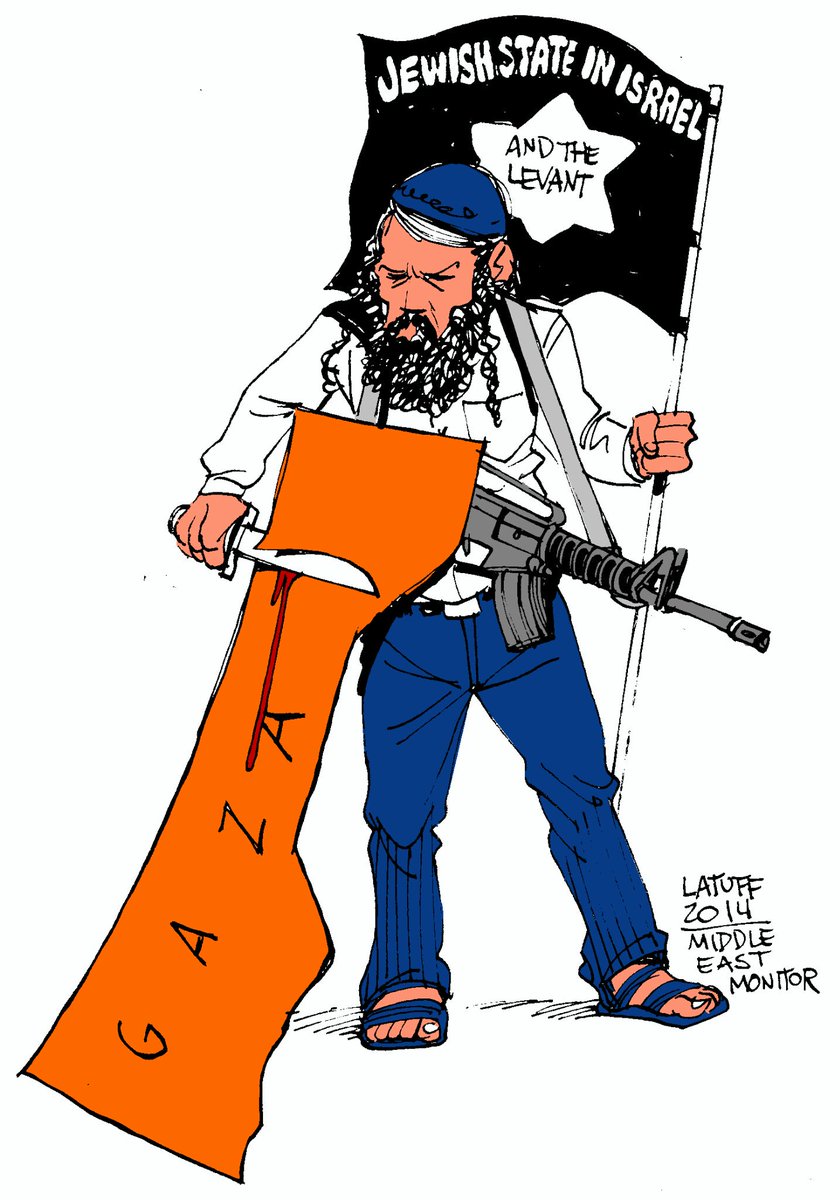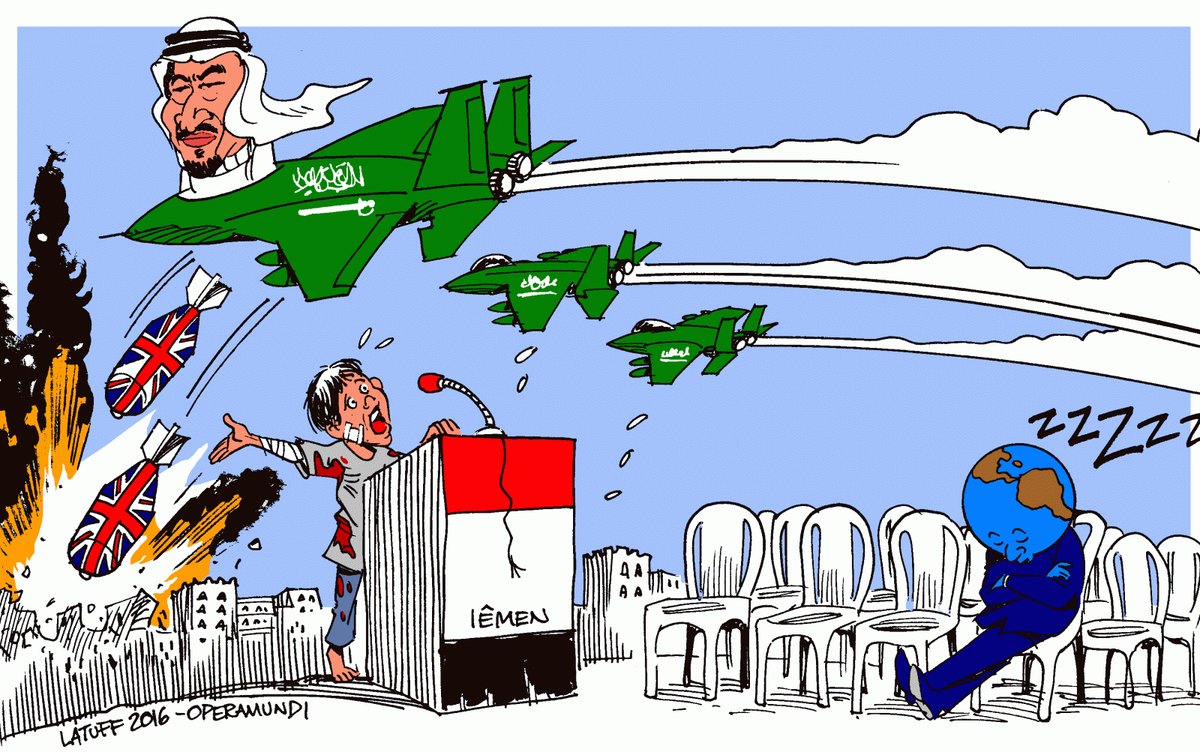Niet alleen dat, ook de CIA mag niet langer bekritiseerd worden, daar de eigenaar van de Post, topgraai miljardair Jeff Bezos zaken doet met de CIA......... Vandaar ook dat de WaPo vorig jaar de berechting van Edward Snowden bepleitte, terwijl het eerder NB zelf uit WikiLeaks had gepubliceerd.....
Lees dit ontluisterende relaas en u zult gegarandeerd nog beter begrijpen, waarom het fout is, dat mediaorganen in handen zijn van grote investeerders en supergraaiers. In Nederland is het overigens niet veel beter, vandaar ook dat je maar al te vaak ziet dat men kritiekloos uitermate foute standpunten van bijvoorbeeld de inhumane neoliberale regering Rutte als zaligmakend neerzet. Zelfcensuur in de reguliere westerse media is aan de orde van de dag en dat is niet voor niets........
Het is nu zelfs al zo zot, dat de WaPo en de New York Times mogen beslissen van wat wel of niet als nepnieuws moet worden gezien.......
Washington Post Staff Banned From Criticizing Corporate Advertisers
July
17, 2017 at 9:26 am
Written
by Whitney
Webb
A new policy at the Washington Post will punish its employees for using social media to make critical statements about the paper’s corporate advertisers. The policy was approved by Jeff Bezos, the billionaire head of Amazon who purchased the newspaper in 2013.
(MPN) — The Washington
Post’s
journalistic decline over the past several years has been remarkable,
especially following the newspaper’s 2013
purchase by
Amazon founder and billionaire Jeff Bezos, the world’s second-richest
man after
Bill Gates.
In
the face of controversies concerning the use of anonymous
and often inaccurate sources
and the
publication of false news in
order to foment anti-Russia hysteria, the Post is
now set for another scandal thanks to a new Bezos-approved
company-wide policy that seeks to prevent employee criticism of the
newspaper’s corporate backers and advertisers.
The
policy, which took effect in May, now
prohibits Post employees from
using social media in such a way that “adversely affects The Post’s
customers, advertisers, subscribers, vendors, suppliers or partners.”
According to the policy, the paper’s management team reserves the
right to take disciplinary action against violators “up to and
including termination of employment.”
A
clause of the policy cited
by the Washingtonian also
encourages employees to rat out other employees for potentially
violating the policy: “If you have any reason to believe that an
employee may be in violation of The Post’s Social Media Policy […]
you should contact the Post’s Human Resources Department.”
The Washington Post threatens to ‘terminate’ employees who disparage advertisers on #socialmedia | via @thedrumow.ly/F5vW30dbmJi
The Post confirmed the existence of the policy and its more controversial clauses and provisions to the Washingtonian, though the paper’s management later attempted to soothe the nerves of rattled journalists by assuring them that “no one would get in trouble for such social media activity […] But that’s the way the policy is written.”
While
the Post’s own journalists are sure to feel the
heat from this new policy, several of the newspaper’s corporate
advertisers and backers are likely relieved that critical content
targeting them or their products will now be absent from the social
media activity of the paper’s employees – and likely its
reporting as well.
This
new policy offers a simple loophole to corporations that wish to
avoid criticism from the Post, as becoming a sponsor
of the paper would quickly put an end to any unfavorable coverage.
Among
the Washington
Post’s advertisers
are corporate giants like GlaxoSmithKline, Bank
of America andKoch
Industries.
With the new policy, social media posts criticizing GlaxoSmithKline’s
habit of
making false and misleading claims about its products, inflating
prices and withholding crucial drug safety information from the
government will no longer be made by Post employees.
The
policy also suggests that criticisms of Bank of America, one of the
nation’s most
lawless banks and a
key player in
provoking the 2008 financial crisis, will go unvoiced, as well those
regarding the
toxic empire that
is Koch Industries, an
integral part of
the U.S. fracking industry.
Another Washington
Post sponsor, though unofficially, is the U.S. Central
Intelligence Agency.
Four
months after purchasing the Post,
Jeff Bezos landed
a $600 million contract with
the CIA for Amazon Web Services, a web hosting service that now
serves the entire U.S. intelligence community.
Jeff Bezos Is Doing Huge Business with the CIA, While Keeping His Washington Post Readers in the Dark @alternetalternet.org/media/owner-wa…
Long before this latest policy was put into effect, some had speculated that the connections between the CIA and the Post were already affecting its reporting. For example, last year, the Post openly called for the prosecution of Snowden, despite having previously used the whistleblower’s leaks for their Pulitzer Prize-winning report on illegal NSA spying.
The
CIA has
long called for
Snowden to be tried for treason within the United States for leaking
details of the NSA’s domestic spying program.
While
criticism of the CIA is not technically prohibited by the new policy,
former Post reporters
have suggested that making such criticisms could endanger one’s
career. As former Post writer
John Hanrahan told
Alternet in 2013:
With Post employees
severely limited in what they can post on social media and discuss in
their writing, this new policy will only continue to erode trust in
the mainstream media, especially in light of the benefits it may
bring to its corporate and government backers.
“Post
reporters and editors are aware that Bezos, as majority owner of
Amazon, has a financial stake in maintaining good relations with the
CIA — and this sends a clear message to even the hardest-nosed
journalist that making the CIA look bad might not be a good career
move.”
With Post employees
severely limited in what they can post on social media and discuss in
their writing, this new policy will only continue to erode trust in
the mainstream media, especially in light of the benefits it may
bring to its corporate and government backers.
By Whitney Webb / Republished with permission / MintPress News / Report a typo
===============================
Zie ook: 'How Russia-gate Met the Magnitsky Myth' (een artikel op ICH, met 'een mooie rol' voor de afhankelijke Washington Post en New York Times. Onder dat artikel kan u klikken voor een vertaling)






